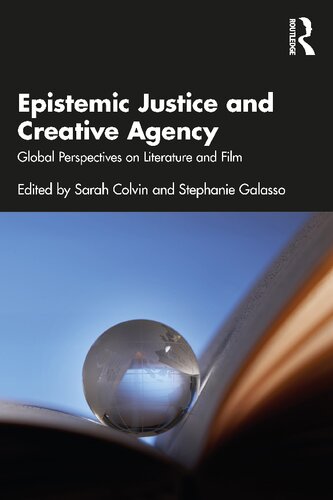

Most ebook files are in PDF format, so you can easily read them using various software such as Foxit Reader or directly on the Google Chrome browser.
Some ebook files are released by publishers in other formats such as .awz, .mobi, .epub, .fb2, etc. You may need to install specific software to read these formats on mobile/PC, such as Calibre.
Please read the tutorial at this link: https://ebookbell.com/faq
We offer FREE conversion to the popular formats you request; however, this may take some time. Therefore, right after payment, please email us, and we will try to provide the service as quickly as possible.
For some exceptional file formats or broken links (if any), please refrain from opening any disputes. Instead, email us first, and we will try to assist within a maximum of 6 hours.
EbookBell Team

0.0
0 reviewsFoundational theories of epistemic justice, such as Miranda Fricker's, have cited literary narratives to support their case. But why have those narratives in particular provided the resource that was needed? And is cultural production always supportive of epistemic justice? This essay collection, written by experts in literary, philosophical, and cultural studies working in conversation with each other across a range of global contexts, expands the emerging field of epistemic injustice studies.
The essays analyze the complex relationship between narrative, aesthetics, and epistemic (in)justice, referencing texts, film, and other forms of cultural production. The authors present, without seeking to synthesize, perspectives on how justice and injustice are narratively and aesthetically produced.
This volume by no means wants to say the last word on epistemic justice and creative agency. The intention is to open out a productive new field of study, at a time when understanding the workings of injustice and possibilities for justice seems an ever more urgent project.